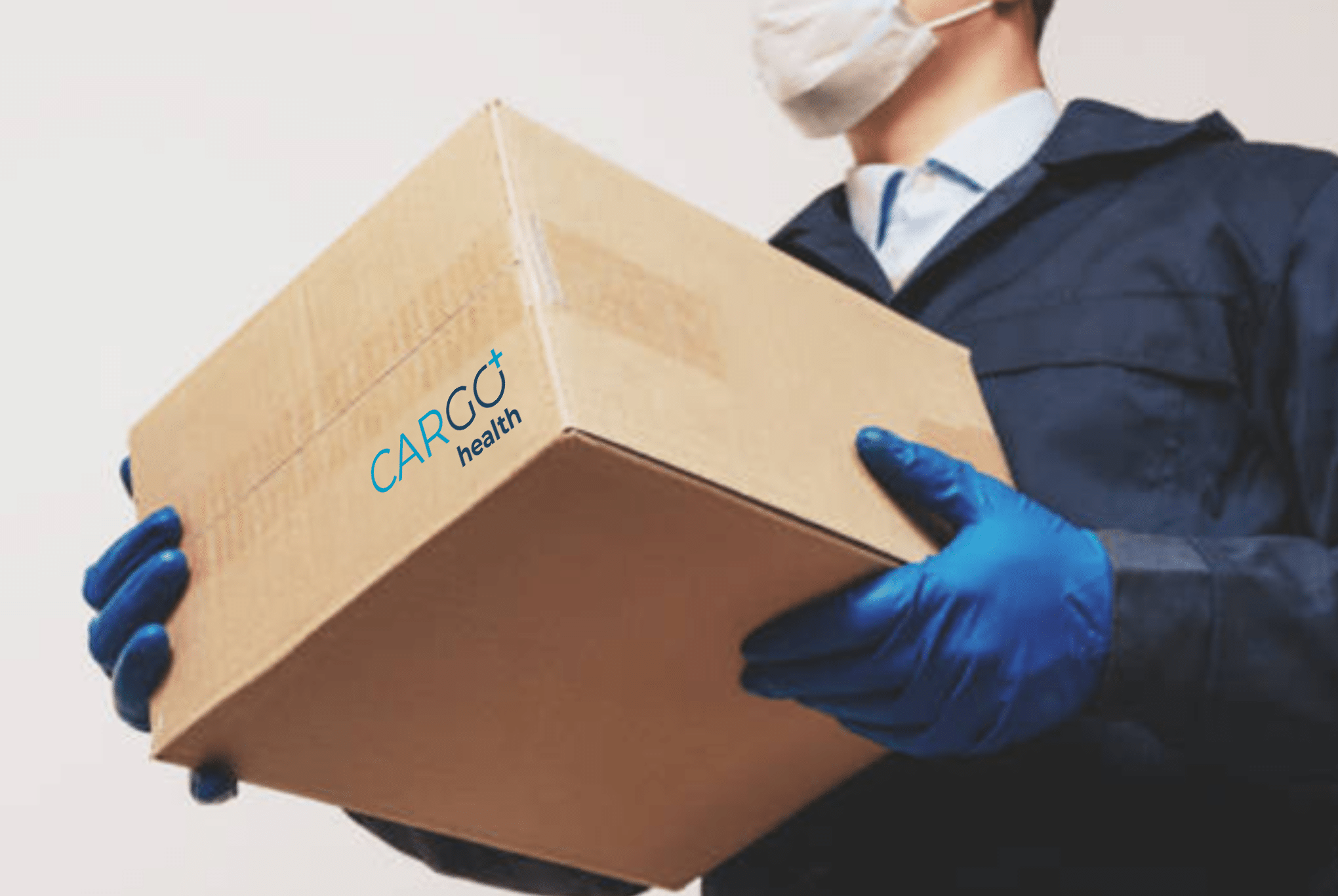Common Items Transported in Medical Couriers
Table of Contents Medical Specimens Laboratory Equipment and Supplies Prescription Medications Vaccines and Biological Products Medical Equipment and Devices Medical Waste Medical couriers play a vital role in healthcare logistics, facilitating the secure and compliant transport of a wide range of critical materials. From delicate biological specimens to specialized medical equipment, these services ensure […]

How to Choose a Medical Courier?
Table of Contents Service Range and Flexibility Compliance with Healthcare Regulations Tracking and Real-Time Updates Temperature-Control Capabilities Customer Service and Reliability Selecting an appropriate medical courier is a critical decision for healthcare providers that depend on secure, efficient, and compliant transportation of sensitive medical materials. A reliable courier service ensures that laboratory specimens, pharmaceuticals, […]

Industry-Specific Needs and Compliance for Medical Couriers
Table of Contents HIPAA Compliance: Protecting Patient Privacy Training in Hazardous Material Handling (DOT Guidelines) Adherence to CDC and OSHA Standards Why Compliance Matters for Medical Courier Services In the healthcare sector, medical couriers serve a pivotal function by facilitating the secure and timely transport of critical materials such as laboratory specimens, pharmaceuticals, […]

Key Types of Medical Courier Services
Table of Contents Same-Day Medical Courier 24/7 Medical Courier Long-Distance Medical Courier Additional Specialized Medical Courier Services Temperature-Controlled Medical Transport Hazardous Material Transport Pharmaceutical Delivery Services Medical Equipment Delivery Choosing the Right Medical Courier Service Medical courier services are integral to the secure and efficient transport of sensitive healthcare materials, including laboratory specimens, […]

Benefits of Medical Courier Services
Table of Contents Timely Delivery Safety and Security Compliance with Healthcare Regulations Cost Efficiency Enhanced Patient Experience Medical courier services serve as an indispensable component of healthcare logistics, ensuring the secure and efficient transport of sensitive medical materials. From laboratory specimens to prescription medications, these services are tailored to meet the stringent requirements of […]

What Are Medical Courier Services?
Table of Contents Key Functions of Medical Courier Services Why Choose Medical Courier Services? How Medical Courier Services Differ from Standard Delivery Services Choosing the Right Medical Courier Service Medical courier services represent a critical component of healthcare logistics, providing specialized transport solutions tailored to the stringent requirements of the medical field. These services […]

Comprehensive Guide to Medical Courier Services
Table of Contents What are medical courier services? Importance and Benefits of Medical Couriers Key Types of Medical Courier Services Industry-Specific Needs and Compliance (HIPAA) How to Choose a Medical Courier Common Items Transported in Medical Couriers Medical courier services serve as a critical component of the healthcare ecosystem, facilitating the secure and timely transport […]

Navigating the Challenges: Medical Deliveries in Rural vs. Urban Settings
The realm of medical deliveries represents a critical juncture in modern healthcare systems, bridging the gap between medical supplies and the end-users – patients and healthcare providers. The efficiency, reliability, and safety of these deliveries are paramount, particularly as they often involve life-saving medications and essential medical supplies. This article delves into the intricate dynamics of medical deliveries, contrasting the unique challenges and solutions in rural versus urban settings.

The Science Behind Organ Transport: Ensuring Viability from Pickup to Delivery
Organ transplantation stands as one of the most awe-inspiring achievements of modern medicine, embodying a complex symphony of coordination, precision, and speed. The transport of organs from donors to recipients is a critical component of this life-saving process, requiring an intricate understanding of biological, logistical, and technical factors. The stakes are astronomically high; a single misstep can mean the difference between life and death.

Behind the Scenes: The Logistical Backbone of a Medical Courier Service
Medical courier services represent a specialized logistics domain, focusing on the transport of medical materials. These materials may include but are not limited to specimens, medical records, pharmaceuticals, and medical equipment. The distinctive nature of these deliveries demands a higher standard of precision, speed, and care, distinguishing medical couriers from typical logistics services. The integrity of medical deliveries is paramount, as they often play a direct role in patient care and medical processes.
